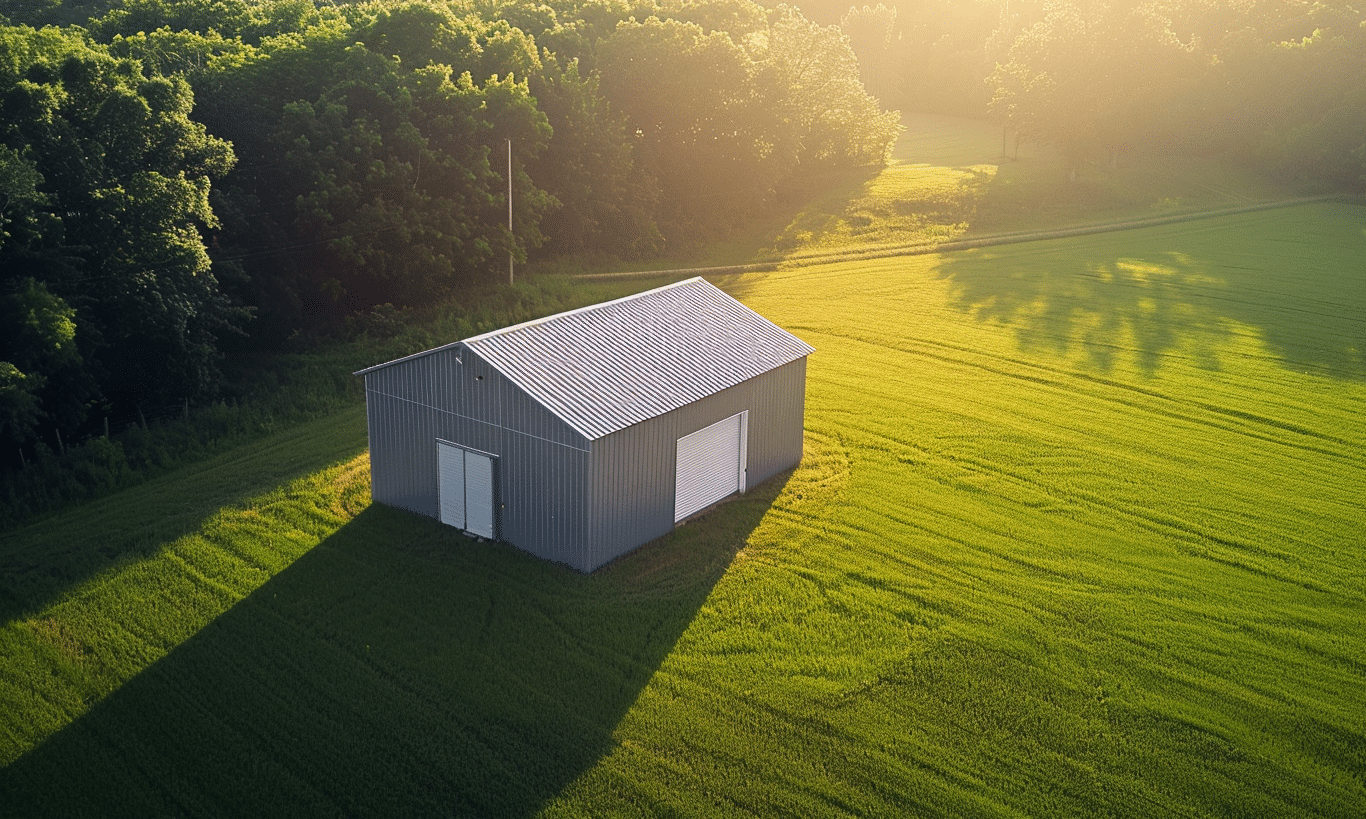Crowsnest Pass Votes in Favor of Controversial Coal Project
The small community of Crowsnest Pass in southwestern Alberta recently expressed its support for a controversial coal project near its borders. The non-binding vote late last November sets the stage for a potential boost in construction and real estate investments in the area. However, critics worry that the coal project could conflict with environmental protection goals.
A Potential Boost to the Construction Industry
With the community’s backing, the coal project could inject millions into Alberta’s construction industry. This could trigger much-needed economic growth within the region, especially amidst the ongoing pandemic. From infrastructure development to increased demand for housing and commercial spaces, the sheer scale of the project heralds lucrative opportunities for businesses in real estate and construction.

Environmental Concerns Amidst Economic Opportunities
Despite the potential economic benefits, critics argue that the coal project poses serious environmental risks. As the original news source points out, environmental groups have expressed concern over the potential damage to the area surrounding Crowsnest Pass. Though often overlooked, environmental sustainability is a crucial aspect of modern construction and real estate development. Ignoring these concerns could lead to long-term negative impacts that outweigh the immediate economic benefits.
Innovation is Key for the Construction and Real Estate Industry
Perhaps the biggest challenge in this scenario is finding a balance between the demand for economic development and the need for environmental sustainability. This is where modern construction methods, like the utilization of metal buildings, come into play. These structures, while being incredibly cost-efficient, also have less impact on the environment, providing a sustainable solution.

The Future of Coal and Construction
Despite opposition from environmental groups, the residents’ support for the coal project illustrates the deep economic implications of such large-scale developments. As this situation unfolds, it will be interesting to see how the construction and real estate industry will adapt, innovate, and lean into opportunities that projects like these present.

Conclusion
The story of Crowsnest Pass and its coal project serves as a real-world example of the challenges faced by construction and real estate industries today. Balancing economic growth with environmental sustainability is not easy, but with innovation and a concerted effort from industry players, it’s a challenge worth tackling. In the case of Crowsnest Pass, only time will tell how this delicate balancing act will play out.
What are your thoughts on this development? Do you believe the construction and real estate industry can successfully balance economic growth with environmental concerns? Leave your comments below – we would love to hear your thoughts on this issue.




